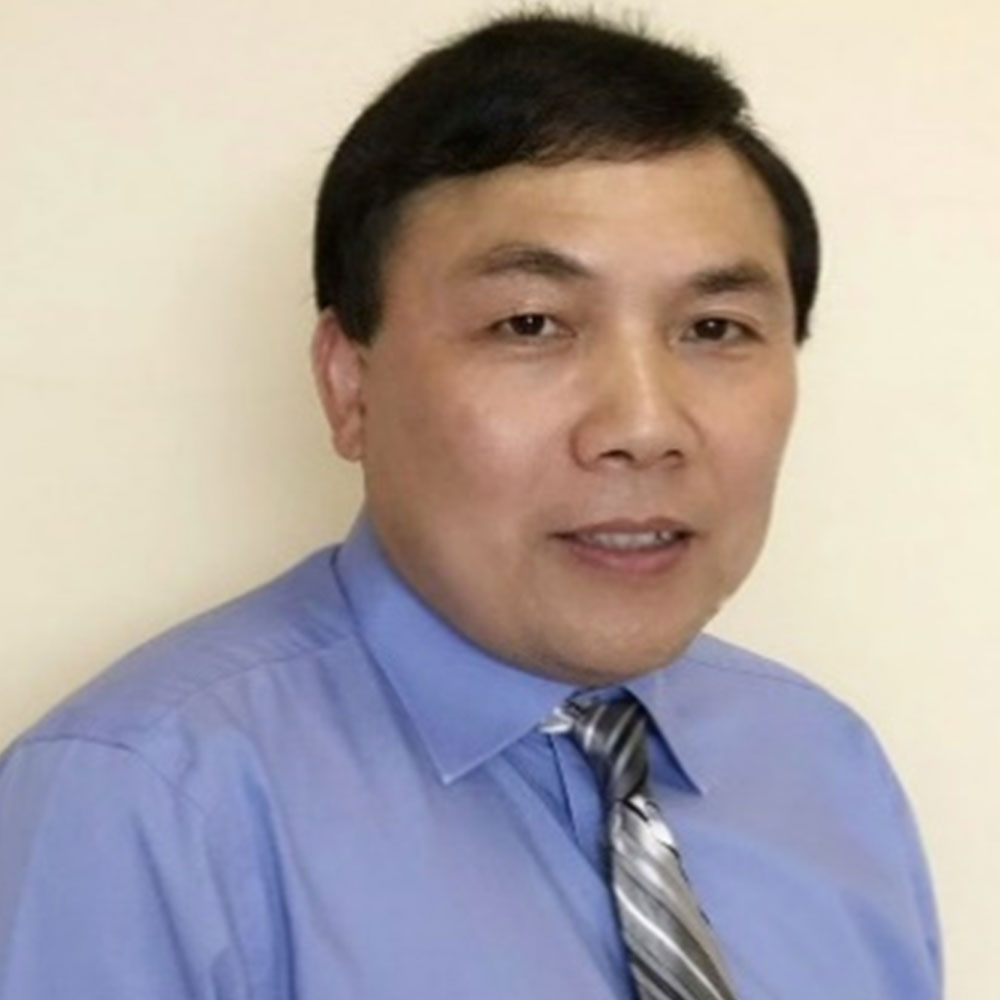
Charles and Carroll McArthur Chair Professor
Department of Materials Science and Engineering, Michigan Technological University, Houghton, MI 49931, USA
Presentation Title: Advanced Processes for Hydrogen Production
Abstract
Hydrogen is a promising clean fuel for future. In this keynote talk, Prof. Hu will discuss advanced processes for hydrogen production, including: (1) photocatalytic water splitting to hydrogen, with emphasis on the enhancement of light absorption; (2) thermo-photocatalytic hydrogen production from water and methane, with a focus on the enhancement of driving force for photocatalytic reaction by introducing thermal (kinetic) energy; and (3) electrocatalytic hydrogen production from water, with emphasis on the design of electrode catalysts.
Biographical Sketch
Dr. Yun Hang Hu is the inaugural Charles and Carroll McArthur Endowed Chair Professor at Michigan Technological University. He is a fellow of American Association for the Advancement of Science (AAAS), a fellow of American Physical Society (APS), a fellow of American Chemical Society (ACS), a fellow of American Institute of Chemical Engineers (AIChE), a fellow of ASM international (ASM), and a fellow of Royal Society of Chemistry (RSC). He won the Rudolf Erren Award from International Association of Hydrogen Energy (IAHE) in 2022, Distinguished ENFL Division Service Award from the American Chemical Society (ACS) in 2020, and the Highest Research Award from Michigan Tech in 2017. He was elected as the chair of the ACS Energy and Fuels Division in 2014 and the president of the IAHE Hydrogen Storage Division in 2015. He is the Editor-in-Chief of Energy Science & Engineering, an editor for four ACS series books, and an editorial board member for 8 international journals. He delivered more than 170 invited talks, including 51 plenary/keynote talks to international conferences. He published more than 310 papers in prestigious journals. His main research interests range from hydrogen production/storage, solar energy, energy devices, CH4/CO2 conversion, catalysis, nanomaterials to superstructured materials.
